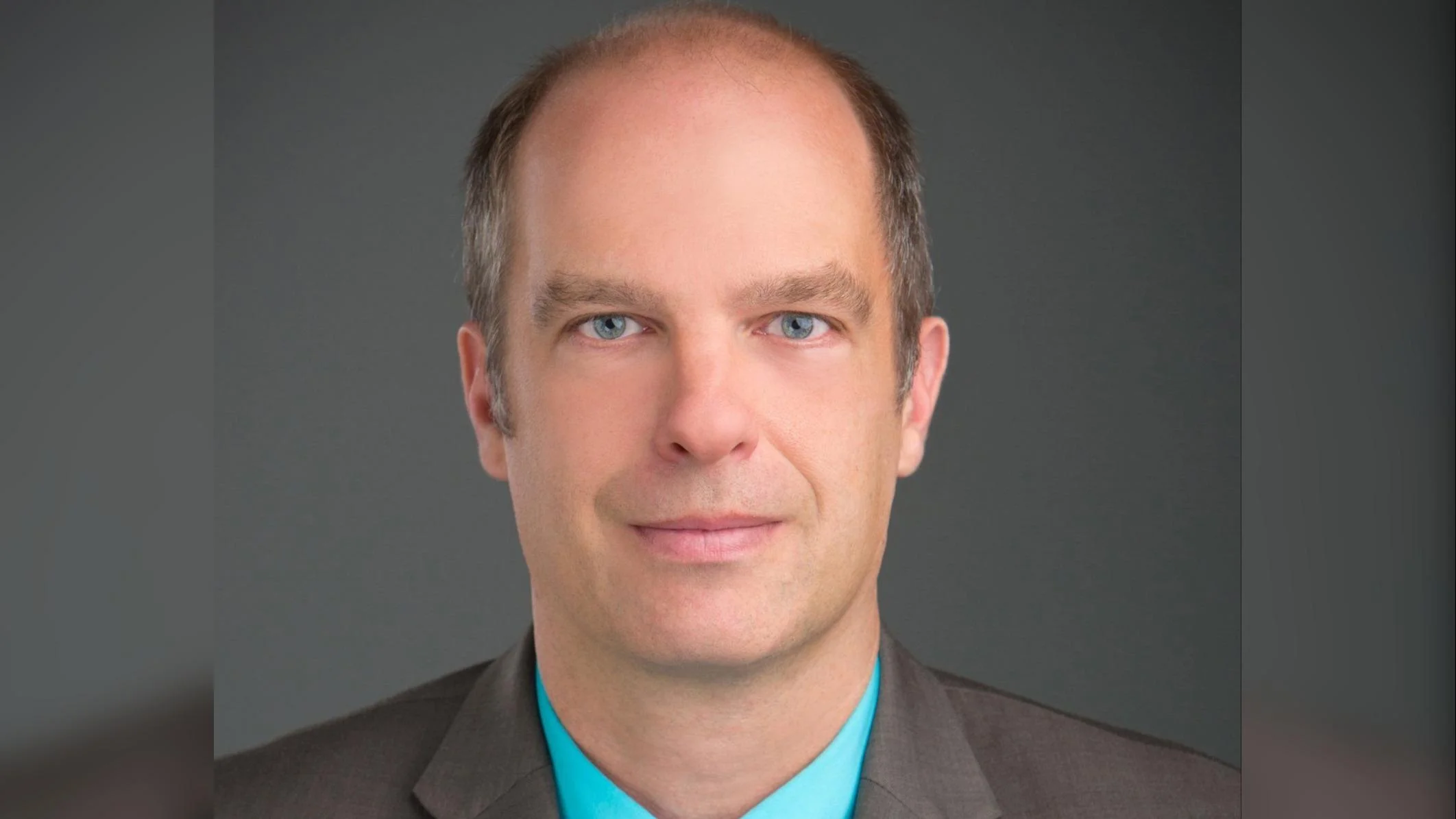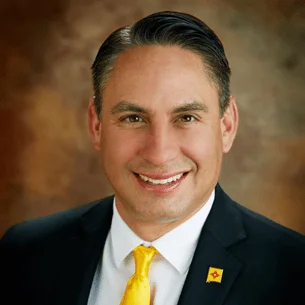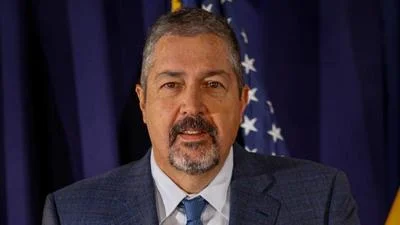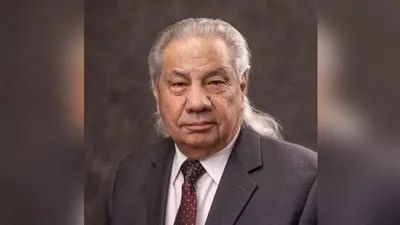The debate over fare-free public transit has gained attention as cities like Albuquerque and New York consider or implement such policies. Albuquerque introduced free bus fares as a pilot program on January 1, 2022, making it permanent in November 2023. In New York City, mayoral candidate Zohran Mamdani has proposed a similar initiative.
Advocates argue that eliminating fares could boost ridership for struggling transit systems. However, critics point to Albuquerque’s experience as a cautionary tale. The city saw its homeless population increasingly use buses for shelter, turning them into what some describe as “rolling homeless shelters.” Additionally, there have been reports of buses being used by shoplifters as getaway vehicles.
Former New Mexico Attorney General Hector Balderas commented on the policy in 2023: “I think that the no fee for riders seemed like a well-intentioned policy, but there must be safety requirements. In other words, you can’t just let everyone on the bus with stolen equipment.”
A police operation called “Operation Sticky Fingers” found that ten out of thirty-one people arrested for shoplifting had used city buses during their crimes. The Albuquerque Journal editorialized that abuse of the free fare program was clear. Police calls at buses and stops increased by 25 percent after the program began. Drug-related issues also became more prevalent; twelve out of thirty-one people arrested were found with drugs or paraphernalia.
Concerns about safety led to driver shortages—nine drivers who quit in 2022 cited the fare-free policy and safety worries—and demands for greater security presence on buses. By July 2025, the Transit Department aimed to hire twenty-five new security guards with plans to eventually employ eighty-seven guards. During recent state events like the fair earlier this month, both private security and National Guard troops were used to maintain order.
Despite these efforts, ridership numbers have not returned to pre-pandemic levels. Before COVID-19 struck in 2019, annual ridership stood at just over nine million passengers—down from ten million in 2016—but dropped sharply during the pandemic before rebounding slightly to seven million in 2024.
Paul J. Gessing, president of the Rio Grande Foundation based in Albuquerque, concluded: “Making New York’s buses ‘free’ would likely create many of the same problems that we’ve seen in Albuquerque, despite the two cities’ manifest differences. There are many reasons to query Mamdani’s socialist approach to governance, but even transit users who might theoretically benefit from zero bus fares should be wary.”
###









